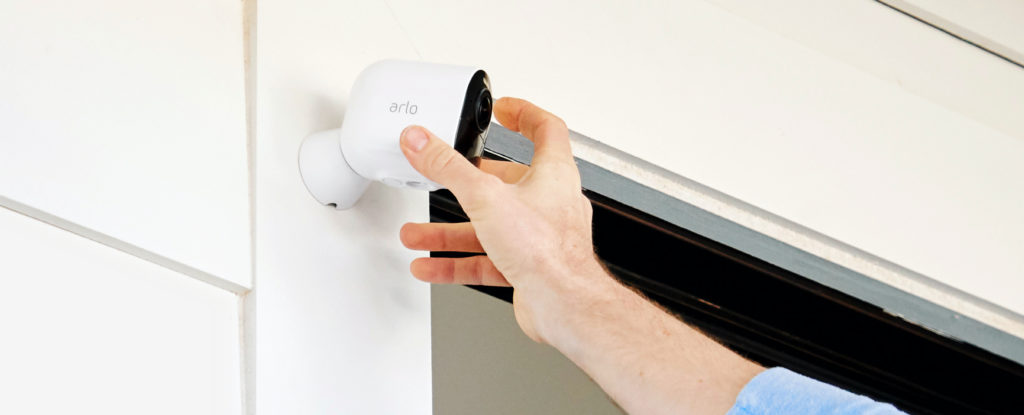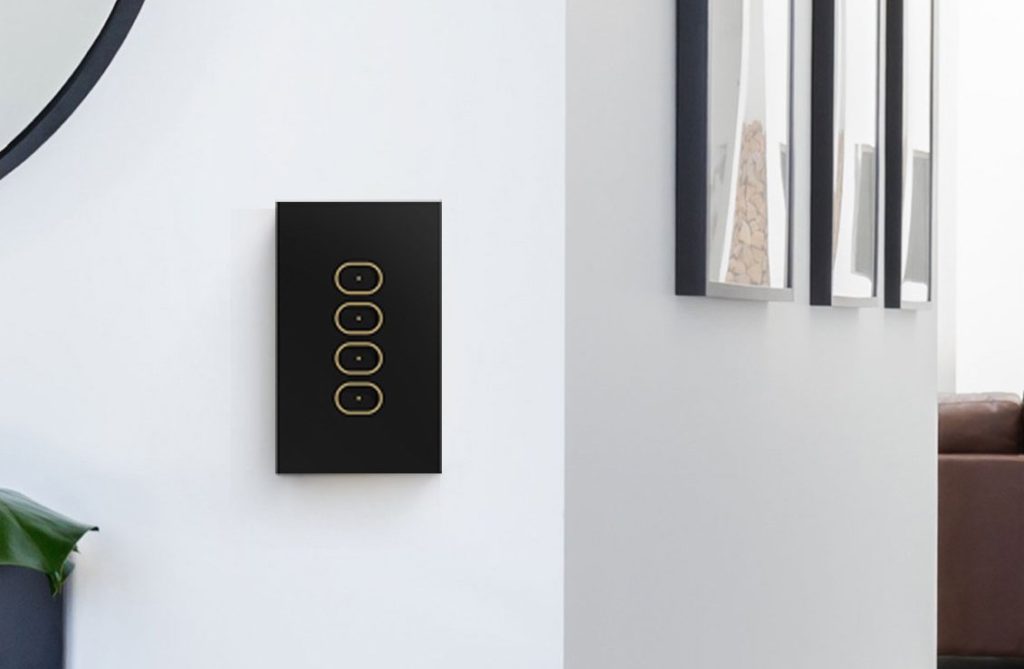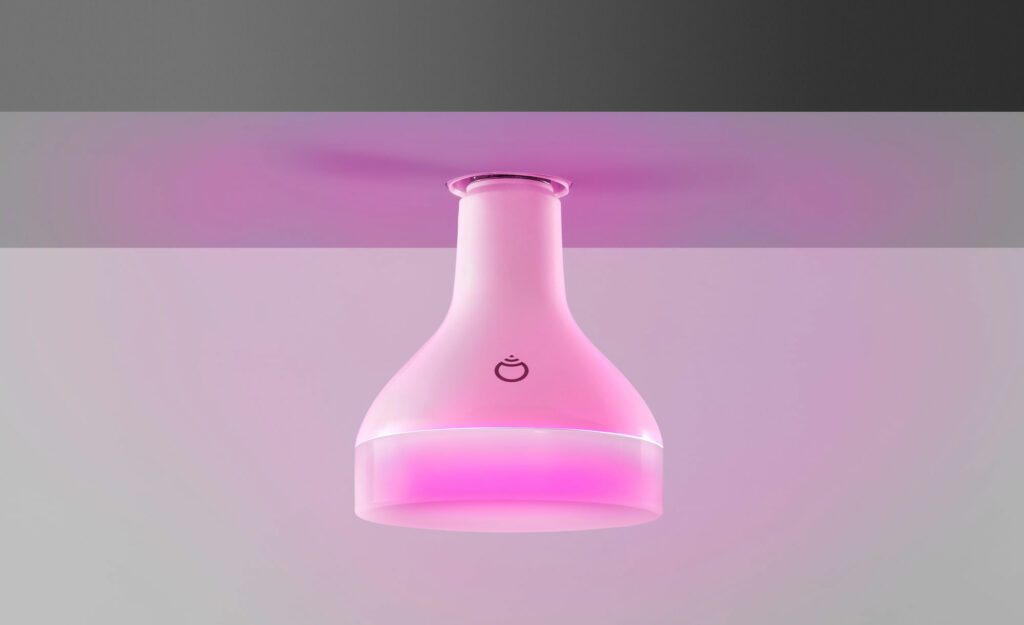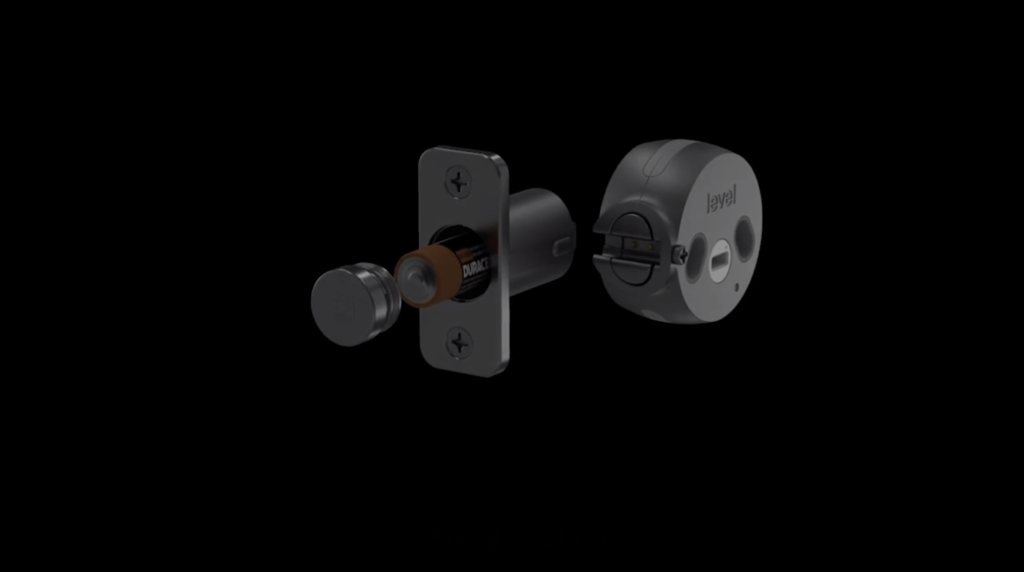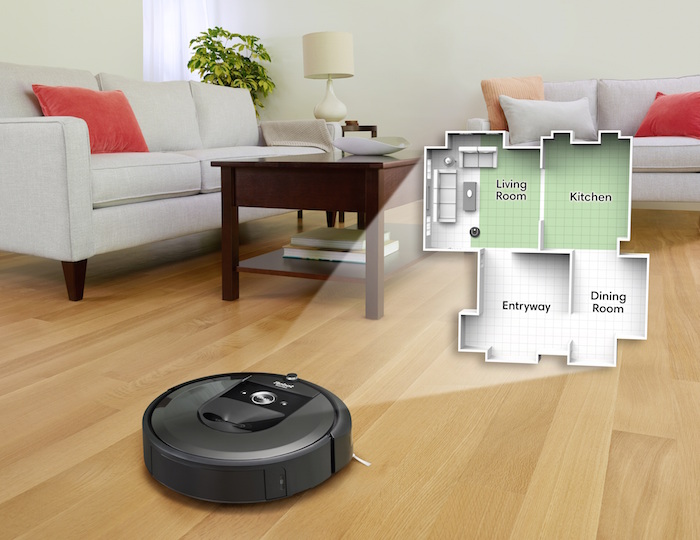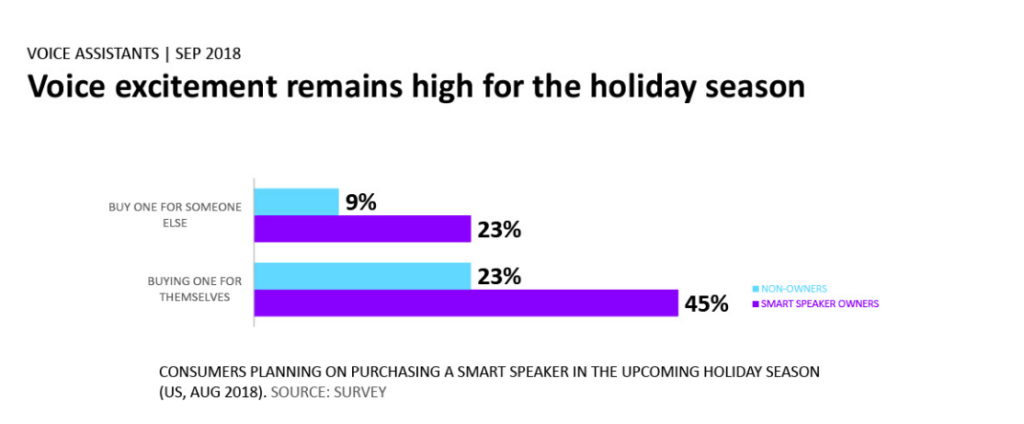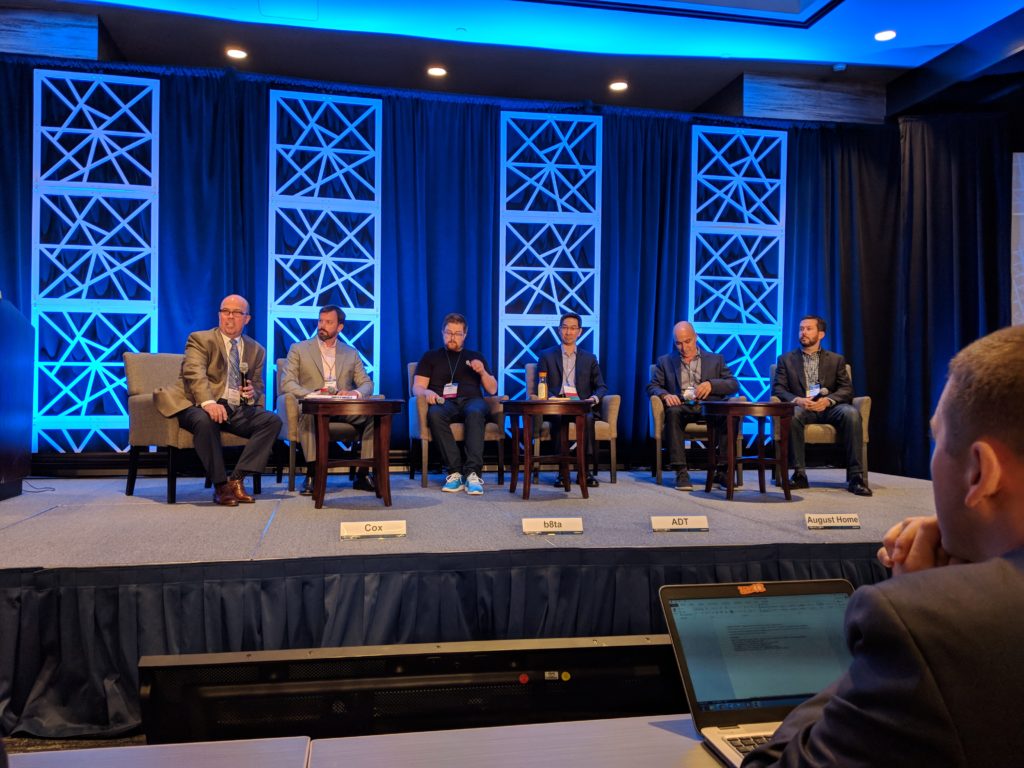This week we start the show with the end of Insteon, which is probably the biggest smart home story this week. We talked about what we know (which isn’t much) and why saving cloud-based smart home services is not as easy as escrowing code and hoping a community continues to support the product. In other bad business news, the company that purchased LIFX has hired a consulting firm to explore a possible sale. We also get an update on the total number of smart homes in Europe and the U.S. It’s more than I thought. In small product news, Wyze has a new door lock and Senet has expanded its partnership with Helium to expand its low-power wide-area network. We didn’t have a voicemail this week because we wanted to provide options for Insteon users who have been left out in the cold.
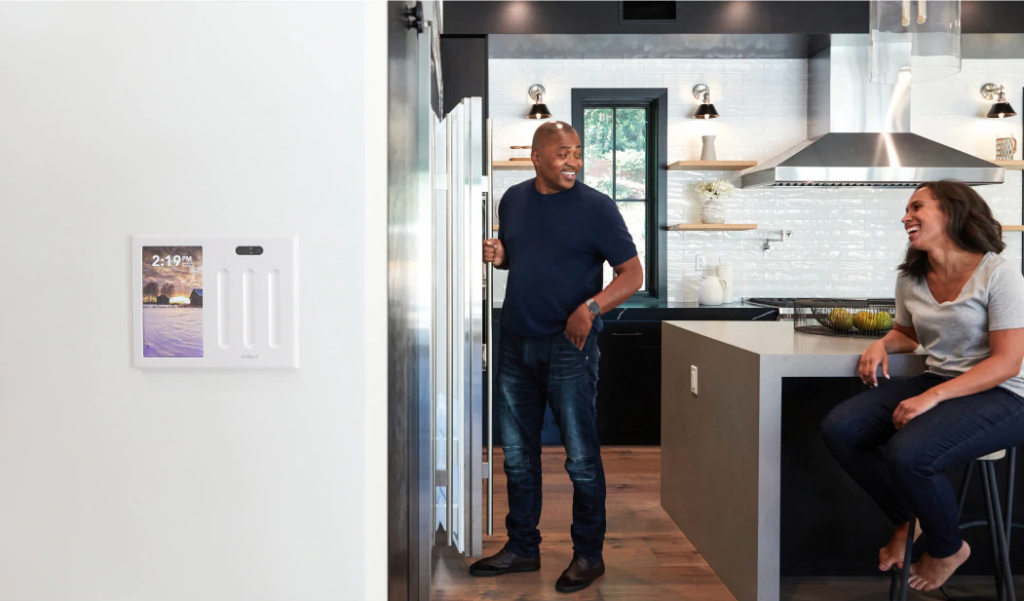
Our guest this week is Aaron Emigh, CEO of Brilliant, who is on the show to discuss Brilliant’s plan to sell its smart home control system to DIYers, builders, and apartment owners. Brilliant makes a smart home control system that’s packed into a light switch with the lighting control, a screen, cameras, and microphones. Emigh shares why Brilliant exists and how it’s trying to meet the market’s need for smart home controls that are easier for the mainstream to work with. We also discuss business models, Matter, and the end of Insteon for an interview that covers a lot of the big issues associated with the smart home today.
Hosts: Stacey Higginbotham and Kevin Tofel
Guest: Aaron Emigh, CEO of Brilliant
Sponsors: Impinj and InfluxData
- Insteon is dead so what do you do?
- What is happening at LIFX?
- The chip shortage strikes the Helium network.
- Why Brilliant teamed up with Resideo to combine the home’s OT and IT systems
- What can other device companies learn from Insteon?
Podcast: Play in new window | Download | Embed
Subscribe: RSS


